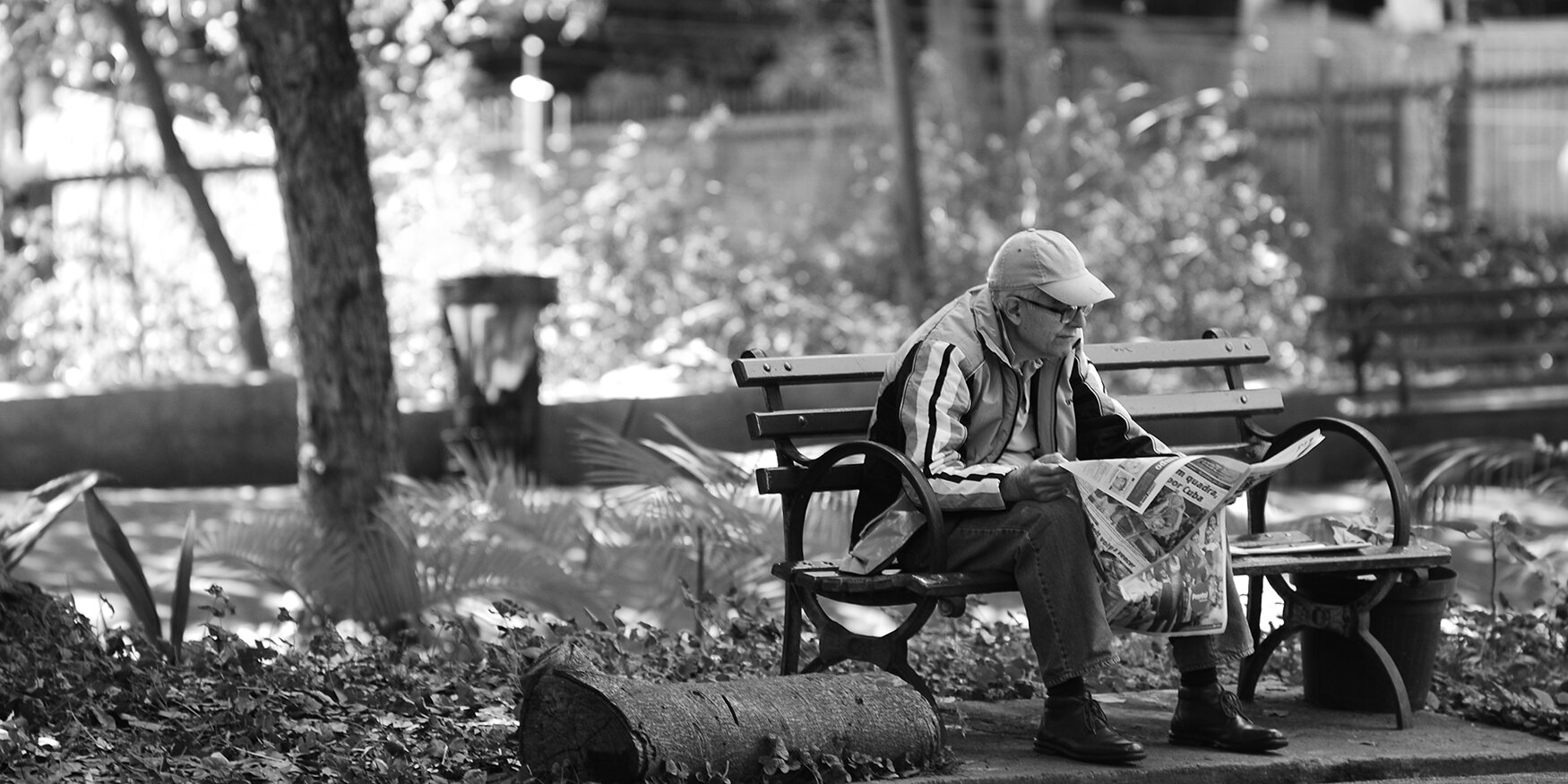The Never-Ending Tariff Story
For paid subscribers: Donald Trump’s latest arbitrary tariff threat, this time against Brazil, has once again enveloped the coffee industry in chaos and uncertainty. When will it end?

Today is an ignoble day. Today is a lamentable day. Today is a shameful day.
No, no that disaster. The other one.
Before you say that coffee isn’t political, read this.
Now, on with the news.
This is a pretty grim article, especially in the way it juxtaposes utter human horror with market-friendly reassurances about yields.
Let’s look at some quotes, shall we?
The first sentence is a good summary: “The devastating rains that triggered landslides and flooding in Brazil’s Minas Gerais state over the past week and brought more than 50 deaths apparently did not cause much damage to coffee fields in the world’s largest production region.”

Well that’s good then.
The article continues: “According to analysts, researchers and coffee cooperatives, despite the high death toll and heavy damage to urban infrastructure, coffee fields in areas such as South of Minas and Zona da Mata were unlikely to be negatively impacted, and indeed, could benefit from the extra moisture.”
Excellent!
There’s more: “There were reports of landslides wiping out thousands of coffee trees at once, but these were isolated occurrences with no statistical significance.”
What even is that sentence.
And then we have this quote from Fernando Cerqueira, head of cooperative Coocafé, who told Reuters, “We had this unfortunate case when a mudslide carried 30,000 coffee trees down the hill, also taking down the farmer’s house, killing everyone.”
Don’t worry, coffee investors: “Haroldo Bonfá, a coffee analyst at Pharos consultancy, believed the rainfall was positive, in general.”
Remember a little while ago when mushroom coffee was touted as a delicious and healthy beverage? Well, at least one company pushing the stuff has been shut down amid charges of operating a pyramid scheme.
Success By Health, which sold the mushroom-infused concoction to consumers as MycoCafe, allegedly cheated thousands of victims out of millions of dollars.
As Daily Coffee News writes: “The FTC alleges that the defendants have taken more than $7 million from consumers, pocketing $1.3 million for themselves, while less than 2% of participating consumers made a profit from the business.”
This story caused a bit of a buzz on Twitter this week after Grayson Perry tweeted about it—the basic issue, from those who took umbrage with the salary on offer, is that a curator role at the museum was less well paid than a mere coffee person.

Of course that doesn’t take into account the actual job being advertised, which is for a management position in central London with a multitude of responsibilities and required skills.
Just some of the skills requirement for the job, per the posting:
• A successful track record of business development, sales and strategy.
• Extensive experience of cupping and espresso quality assessment.
• Experience in developing blends for espresso and filter coffee.
• Budget setting and financial management.
That’s… that’s a lot.
Honestly it’s a bit staggering that the job isn’t higher paid—especially in central London.
Of course, art curators should be paid more, but as the article suggests, curatorial team leaders (roughly the same level as the head of coffee) are paid around £50,000.
For those following along at home, that’s ten grand more.
As the Art Newspaper’s headline put it: “Don't be angry that Tate's 'Head of Coffee' gets £39,500—be mad that salaries in both hospitality and the arts aren't higher”
The term “AI-enabled coffee makers” is at once dystopian and ridiculous, as if Skynet were designed to make a cappuccino faster.
Starbucks’ new machines will be used in all its US and Canadian stores, before presumably gaining sentience, banding together as one mushroom-like networked brain and destroying the world.
According to the company, the new espresso machines are actually designed to collect data on customer drink preferences and preempt maintenance issues, as well as speed up service.
But is that the whole story? Surely there’s some nefarious purpose to these machines, embedded as they are with what the article calls a “byproduct of Starbucks’ internal Deep Brew AI program”? I mean, Deep Brew? Sounds suspicious.
Wait, it says here that 1,900 of the things were already released in 2019. This is just a continuation of that launch.
That’s it. Game over. They’re already out there. Waiting.
Nothing new this week, but just to reiterate: Coca-Cola, Pepsi, and Nestlé were the three largest plastic polluters in the world in 2019, for the second year in a row.
Some of the coffee companies they own/license:
Coca-Cola—Costa Coffee and Georgia Coffee (they also own coffee-adjacent brands like Honest Tea, Fuze Tea, Fairlife Milk, Gold Peak Tea, Schweppes, Topo-Chico, and Peace Tea)
PepsiCo—Starbucks bottled drinks (as well as Pure Leaf Tea and Lipton)
Nestlé—Nescafé and Nespresso, Blue Bottle, Chameleon Cold Brew, Starbucks through a weird multi-billion-dollar deal (plus San Pellegrino and Perrier)
None of these giant conglomerates care about anything besides profits. Whatever they tout about sustainability is greenwashing.
Apparently bat spit coffee is all the rage in Madagascar. At least, that’s what news reports from the country are claiming—it costs $110 per pound, and is praised for its “uniquely smooth flavour” according to the New York Times.
It’s very popular in the country’s fancy hotels, and certainly brings up similarities to kopi luwak coffee, another misguided attempt to get animals to interact with coffee beans (although the article doesn’t mention if the bats were caged and force-fed the beans, unlike the poor civet cats that produce kopi luwak).
How is this related to coffee and health? It isn’t, really, I just wanted to mention the story—and in my defense, Sprudge does bring up the threat of rabies which can be contracted from bat bites. But as the article notes, “maybe just don’t rub raw bat spit coffee pulp in an open wound and you should be fine.”
There you go, health related.

Beloved Columbus (Ohio) Roaster Florin Coffee Opens Shop by Me!
A Brief History Of Manual Brewing Methods by Miguel A. Hernández Zambrano
Until next week, drink good coffee. Maybe not bat spit coffee.
A newsletter about coffee—its culture, politics, and how it connects to the wider world.